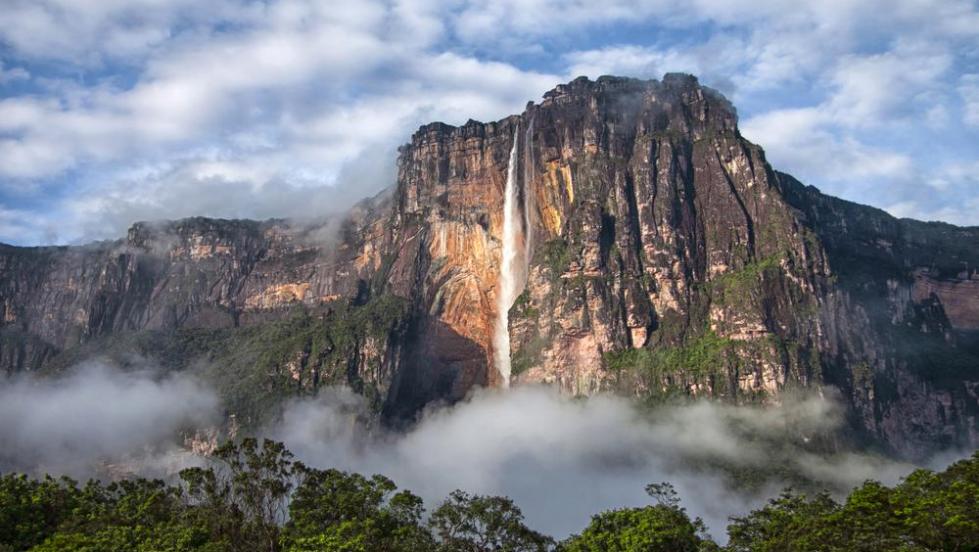About Venezuela
Venezuela is a country on the northern coast of South America with diverse natural attractions. Along its Caribbean coast are tropical resort islands including Isla de Margarita and the Los Roques archipelago. To the northwest are the Andes Mountains and the colonial town of Mérida, a base for visiting Sierra Nevada National Park. Caracas, the capital, is to the north. The territory now known as Venezuela was colonized by Spain in 1522 amid resistance from indigenous peoples. In 1811, it became one of the first Spanish-American colonies to declare independence, which was not securely established until 1821, when Venezuela was a department of the federal republic of Gran Colombia. Venezuela is entirely located in the tropics over the Equator to around 12° N. Its climate varies from humid low-elevation plains, where average annual temperatures range as high as 35 °C (95.0 °F), to glaciers and highlands (the páramos) with an average yearly temperature of 8 °C (46.4 °F). Venezuela is one of the 10 most biodiverse countries on the planet, yet it is one of the leaders of deforestation due to economic and political factors.
